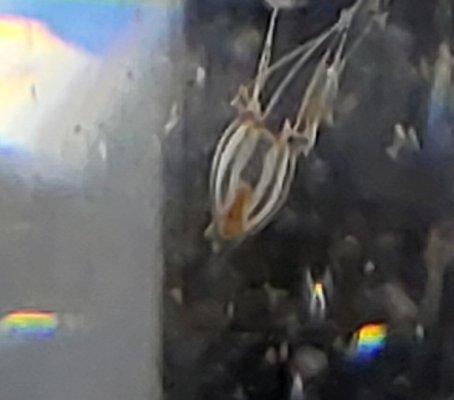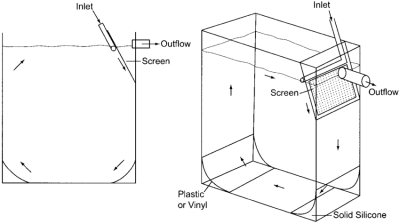- Joined
- Apr 1, 2017
- Messages
- 911
- Reaction score
- 637
Honestly the feeding aspect of jellies keeps me away from them. Coral are difficult but if your water,light, and flow are good you are set. Maybe one day I will take care of comb jellies since that has been a dream of mine.I've kept a few different species of Comb Jellies. They're very delicate and picky jellies- they either do really well or go downhill very fast. Over the years I found a couple of tricks that make keeping them easier and successful.
Almost everyone sells Mnemiopsis leidyi Comb Jellies. These are by far the hardiest. I've worked with other species that are very very sensitive. So if you by Comb Jellies they're most likely Mnemiopsis but just check to make sure. Here are some key tricks I found to have success with them:
1) Colder is better. Mnemiopsis are an all-seasons type jellyfish. I've found them in 40 F water all the way to 83 F. Colder is better because it slows down their metabolism while also limiting the growth of bacteria. If you can, I like to keep them at around 60 F, but even 68 is better than tropical. They life cycle stretches substantially longer with cooler water.
2) They need quality foods. Dry foods really don't work with Comb jellies. They need live or preserved baby brine shrimp. Rotifers are great for diversifying their diet as well. Hikari frozen rotifers and Rotifeast are two excellent products.
3) Make sure your tank is clean and cycled. Most jellies are actually not super sensitive to ammonia. Comb Jellies on the other hand really don't like ammonia or pH swings. This isn't any more difficult than with fish or corals, just make sure their tank is nice and cycled before you add jellies.
I wouldn't rate Comb Jellies as being very difficult but rather they have a specialized set of care requirements. If you're dedicated to keeping them, it can be done with great success.



















